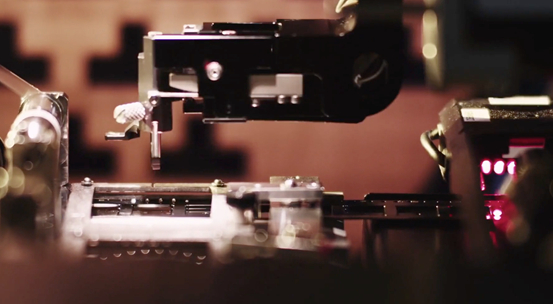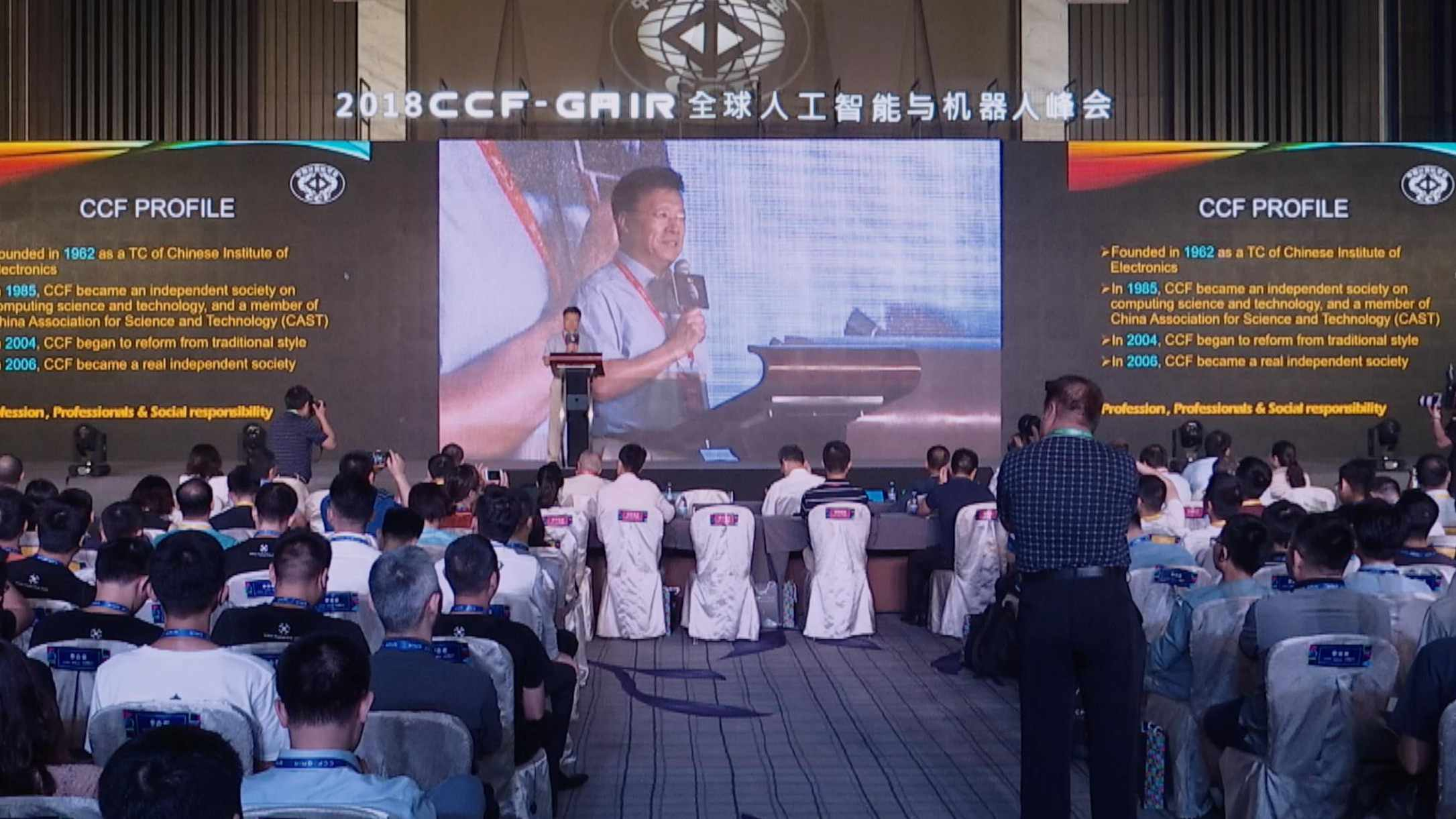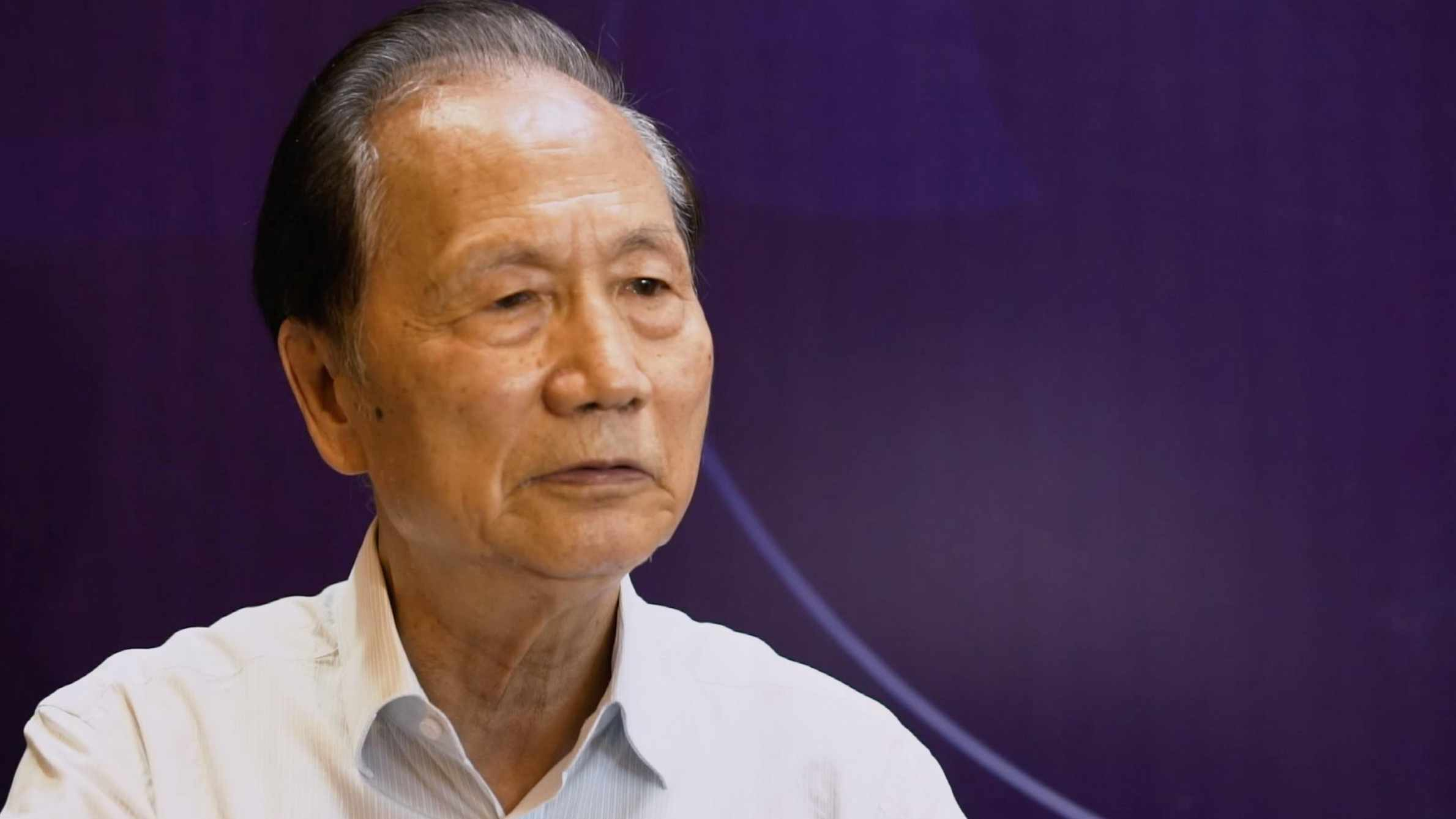
Business
13:48, 03-Jul-2018
China is searching for talent to develop its artificial intelligence industry
Updated
13:05, 06-Jul-2018
CGTN's Ge Yunfei
03:37

The 2018 Global Artificial Intelligence and Robotics Summit concluded on Sunday in China’s southern tech hub city Shenzhen.
The world-leading experts and a large audience at the summit are evidence of China’s explosive growth in its AI industry. In fact, China is catching up fast despite the shortage of research work in the sector.

The 2018 Global Artificial Intelligence & Robotics Summit. CGTN Photo
The 2018 Global Artificial Intelligence & Robotics Summit. CGTN Photo
For several decades, the US and Europe are the leaders in fundamental research of artificial intelligence.” I think that’s gradually changing. Because I see more and more young professors in China are putting more emphasis on that area,” said Eric Chang, Senior Director of Microsoft Research Aisa.
Young talents are helping China’s AI industry but if the country wants to take a step further, it needs to learn from the US.
According to Zhang Bo, China’s top AI scientist and also an academician of the Chinese Academy of Science, the reason why the US is leading ahead is very simple. “It’s the talent! It’s not the Americans but the world’s best talents who are attracted to the US forge its lead.”
Zhang Bo told CGTN that the biggest gap between China and the US is not the fundamental research but an international squad of researchers.

Zhang Bo, China’s top AI scientist and also an Academician Of Chinese Academy Of Science. /CGTN Photo
Zhang Bo, China’s top AI scientist and also an Academician Of Chinese Academy Of Science. /CGTN Photo
Zhang added that in this era of “fighting alone” is over. “Our main task right now is to establish a free and open environment to attract world talent to China as soon as possible. Without it, all will be empty talk.”
In fact, AI is not just about algorithms and big data but about cutting-edge hardware.
In autonomous driving, one of the core components is Lidar, a laser radar which can help the car see the surrounding environment.

Robosense, a Chinese LiDar startup, aims to make a change in the LiDar market. /CGTN Photo
Robosense, a Chinese LiDar startup, aims to make a change in the LiDar market. /CGTN Photo
A large chunk of the Lidar market belongs to VeloDyne, a US company. But Robosense, a startup founded in Shenzhen in 2014, believes they can make a change.
Early this year, the company launched a new generation of solid-state Lidar, which is said to be much more compact, stable and efficient than the traditional ones.
Qiu Quanchao, the COO of RoboSense, claims that the new product can lower the price of Lidar from thousands of dollars to only hundreds. “More importantly, half of the chips inside the device are made by ourselves,” said Qiu Quanchao.
Now RoboSense also faces the problem of finding enough qualified AI researchers.
“Firstly, we train them on our own within the company; secondly, we financed some colleges students with great potential for their further studies,” said Qiu Quanxin, the company’s CEO. “So, they can directly work for us after graduation.”
Last year, there were about 300,000 people working for China’s computer chip industry, producing an output of around 540 billion yuan, or 82 billion US dollars.
According to Professsor Wei Shaojun from Tsinghua University, China will need at least double the number to 600-700,000 employees by 2020. Meanwhile, Chinese universities can only provide 20,000 graduates for the industry every year.
“You can see the huge gap!”, said Wei Shaojun.
Experts say a nationwide solution for the whole industry is urgently needed.

SITEMAP
Copyright © 2018 CGTN. Beijing ICP prepared NO.16065310-3
Copyright © 2018 CGTN. Beijing ICP prepared NO.16065310-3